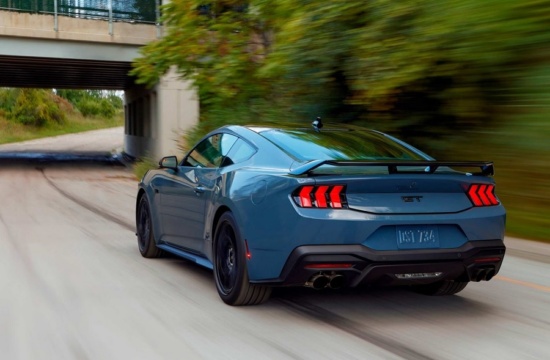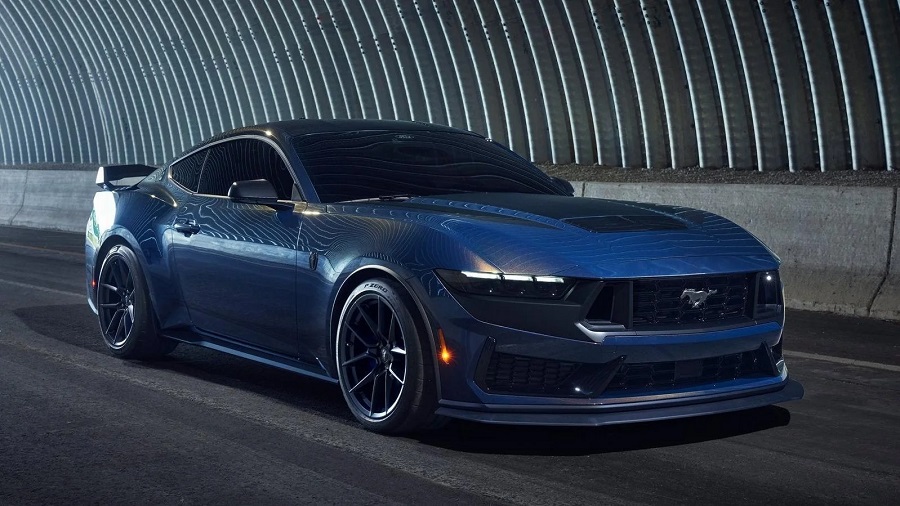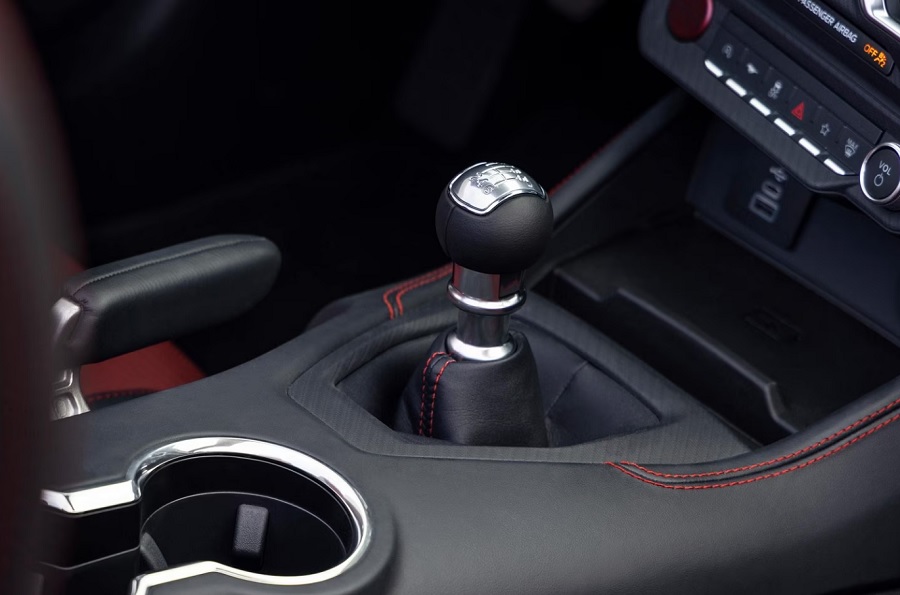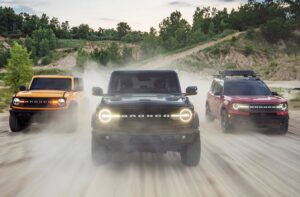In the dynamic landscape of the automotive industry, a significant shift is unfolding as manufacturers increasingly forgo the classic V8 engine, including the V8 Mustang, favoring smaller, more eco-friendly powertrains. This trend marks a pivotal transformation, driven by the undeniable urgency to address climate change—a challenge of our times, undeniably propelled by human activity. Amidst this revolution, iconic models known for their robust engines, like the V8 Mustang, are undergoing a transformation, adapting to the new era of automotive engineering. Notably, even Dodge, a brand synonymous with raw power as epitomized by the formidable Challenger Demon 170, is poised to introduce a next-generation Charger devoid of the traditional V8, a path already traversed by the evolving V8 Mustang.
V8 Mustang’s Legacy to Endure
In this evolving narrative, the Ford Mustang emerges as a bastion of tradition, steadfastly retaining its V8 heritage. Recent insights from Motor1 highlight that the beloved V8 engine remains an integral part of the Mustang’s identity, at least in the foreseeable future. At a gathering to usher in the 2024 racing season, Ford’s CEO Jim Farley shared insights that underscore the V8’s pivotal role in defining the Mustang’s legacy. According to Farley, the essence of the Mustang is inextricably linked with the V8 engine, except in the case of its electric variant, the Mustang Mach-E, which playfully nods to its roots with optional simulated exhaust sounds.
Farley’s remarks at the event encapsulate the global reverence for the Mustang, a vehicle that competes on six continents every weekend, its prowess underpinned by the robust V8. This international racing pedigree not only cements the Mustang’s status but also plays a crucial role in preserving the V8 tradition. Farley describes this synergy between racing technology and commercial models as a “time-honored tech transfer,” with Ford’s research and development efforts on the racetrack directly informing and enhancing the consumer models available in showrooms.
As the Mustang approaches its 60th anniversary, Farley’s reflection on the journey and legacy of this iconic model is poignant. He acknowledges the competitive landscape, noting the transient nature of some rivals, while emphasizing the Mustang’s enduring presence. Over six decades, the Mustang has continually evolved, embracing innovations like the EcoBoost and introducing new variants like the Dark Horse. However, its commitment to offering a V8-powered sports car remains unwavering. Farley’s vision is clear: Ford intends to remain a stalwart provider of V8-powered sports cars, ensuring accessibility to this emblematic driving experience for enthusiasts around the globe.
In an era marked by rapid change and growing environmental consciousness, the automotive industry finds itself at a crossroads. While the shift towards more sustainable and efficient powertrains is imperative, the enduring allure of the V8 engine, as exemplified by the Ford Mustang, highlights the complex interplay between tradition, innovation, and the evolving preferences of car enthusiasts. As the Mustang continues to roar on global racetracks and streets alike, it stands as a testament to the enduring legacy of the V8—a legacy that, at least for now, shows no signs of fading into the rearview mirror.






